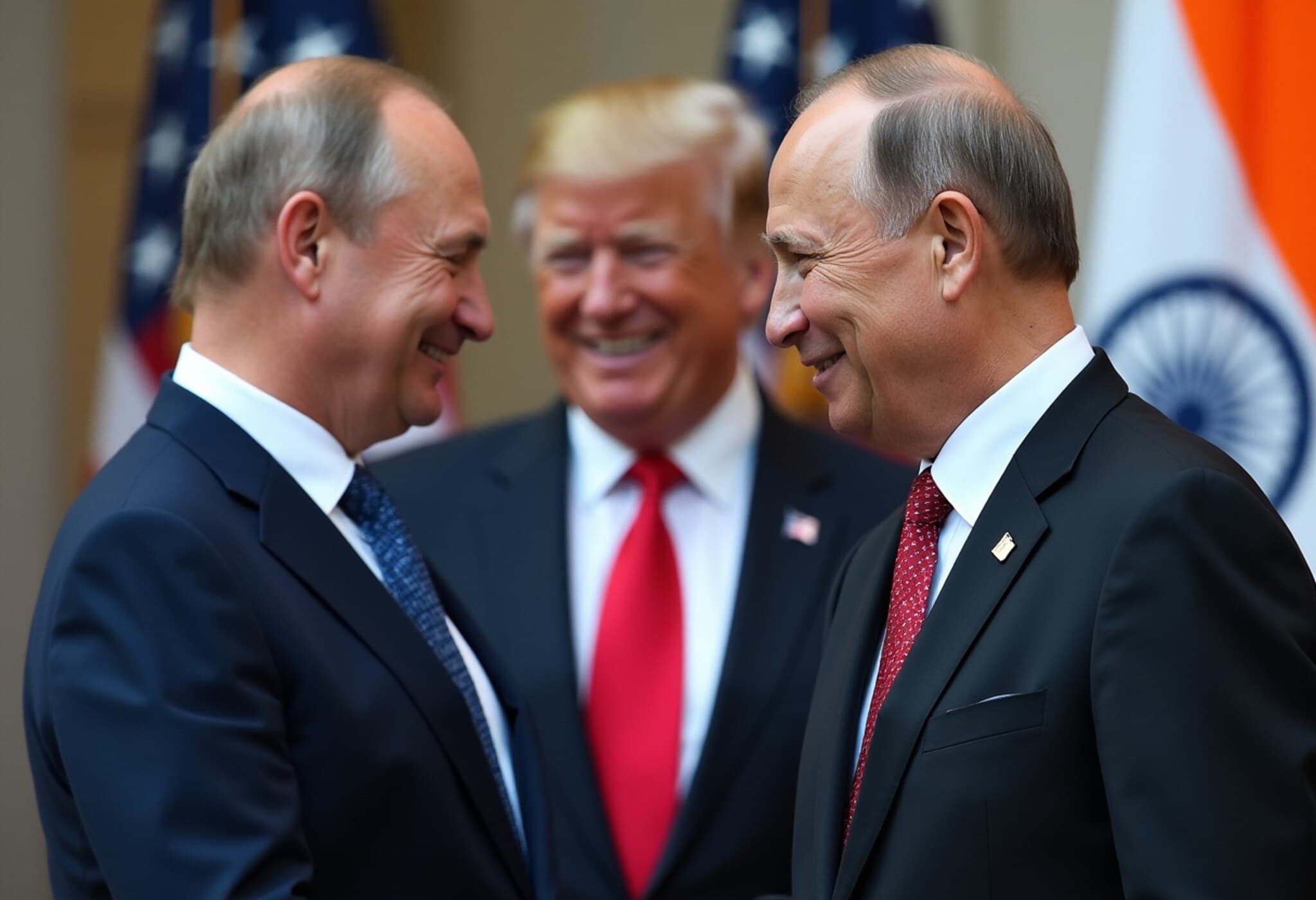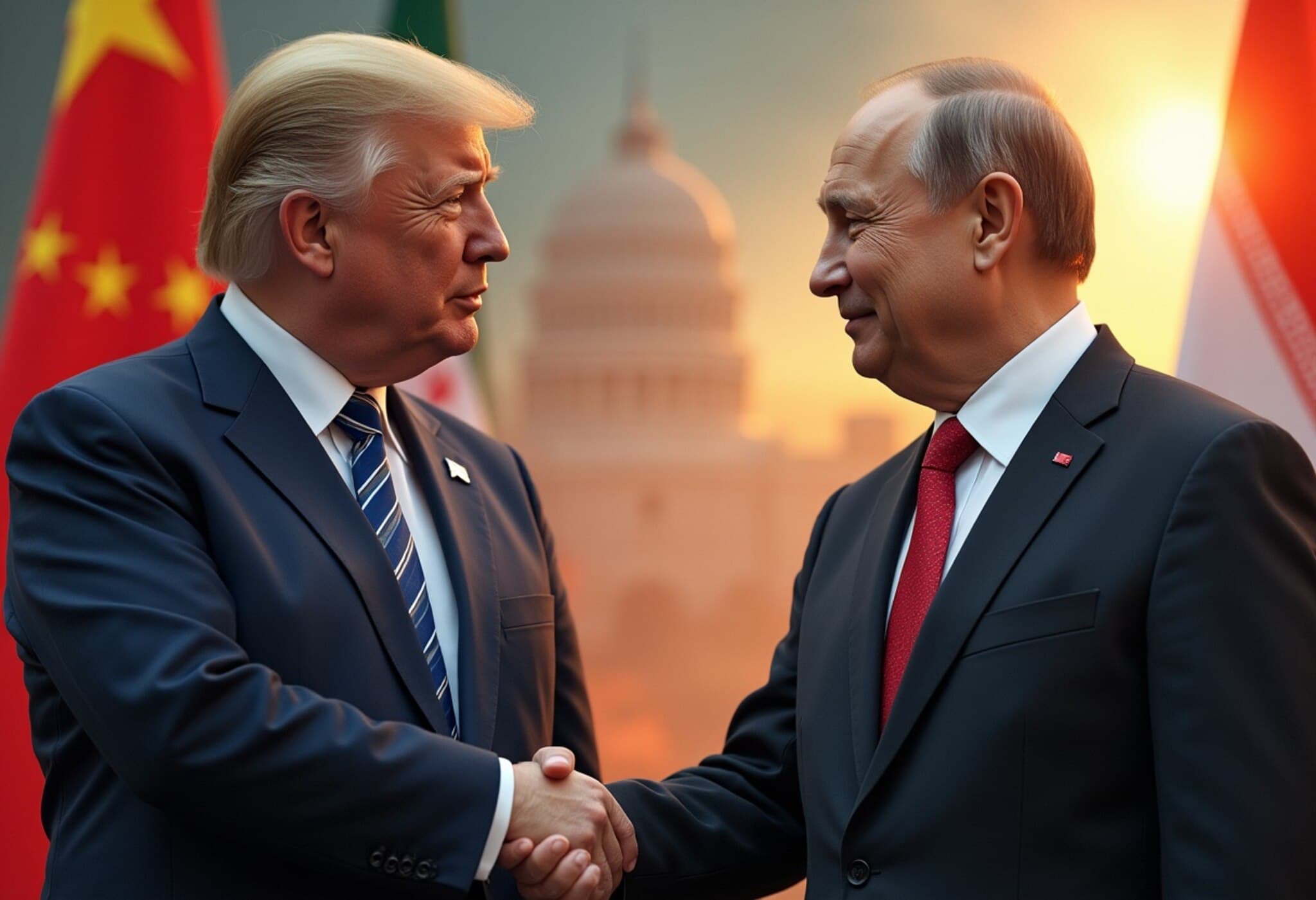Chinese Trade Flows to Middle East Defy Regional Tensions
Despite escalating hostilities between Iran and Israel, Chinese business optimism in the Middle East remains remarkably robust. Recent estimates show that shipments from China to Dubai’s logistics hub have surged by 20% compared to the same period last year.
Bear Huo, China general manager at FundPark, a fintech firm supporting small Chinese exporters, noted that local demand in Dubai for essentials like batteries and daily goods has driven this increase. "Overall, Chinese merchants maintain a positive outlook," he remarked.
Middle East’s Rising Significance for China’s Economic Strategy
The Middle East has emerged as a critical market and investment destination for Chinese businesses amid growing trade frictions with the United States. Increasingly, companies have expanded their presence, seeking opportunities from electric vehicle markets to accessing capital from regional investors.
Economists highlight that a more stable Middle East aligns closely with China’s broader economic and strategic ambitions. Sectarian tensions, while concerning, have not yet undermined the developing trade ties between Beijing and Gulf nations.
Geopolitical Dynamics and Trade Realities
While Chinese authorities have urged restraint and called for a swift ceasefire, disruptions remain. The Dubai port, key to regional logistics, lies close to the Strait of Hormuz—an area affected by military tensions. Shipping movements have slowed and flights reduced, according to Huo.
Notably, FundPark does not engage in direct business with Iran due to existing sanctions. In recent years, China’s trade with Iran has notably diminished, reflecting broader international pressure on Tehran’s crude oil exports.
China’s Diplomatic Position and Business Caution
China’s Ministry of Foreign Affairs has publicly appealed to Iran to keep the Strait of Hormuz open and avoid escalating military responses. Beijing’s approach, according to leading economists, is to position itself as a stabilizing global actor capable of facilitating regional peace.
Meanwhile, Chinese nationals residing or traveling in Iran have faced travel restrictions amid the conflict, with evacuations coordinated by Chinese authorities to ensure their safety.
Potential Opportunities if Sanctions Ease
Looking ahead, experts suggest that any relaxation of U.S. sanctions on Iran could trigger an influx of Chinese businesses eager to engage in sectors like tourism, real estate, and infrastructure development. Qin Gang, a consultancy founder familiar with Iran, shared that Chinese investors are prepared to capitalize on such openings.
Conclusion
In sum, while geopolitical risks persist in the Middle East, China’s commercial confidence remains undeterred. With continued strategic engagement and cautious navigation of sanctions, Chinese enterprises seem set to further deepen their footprint across this pivotal region.



















